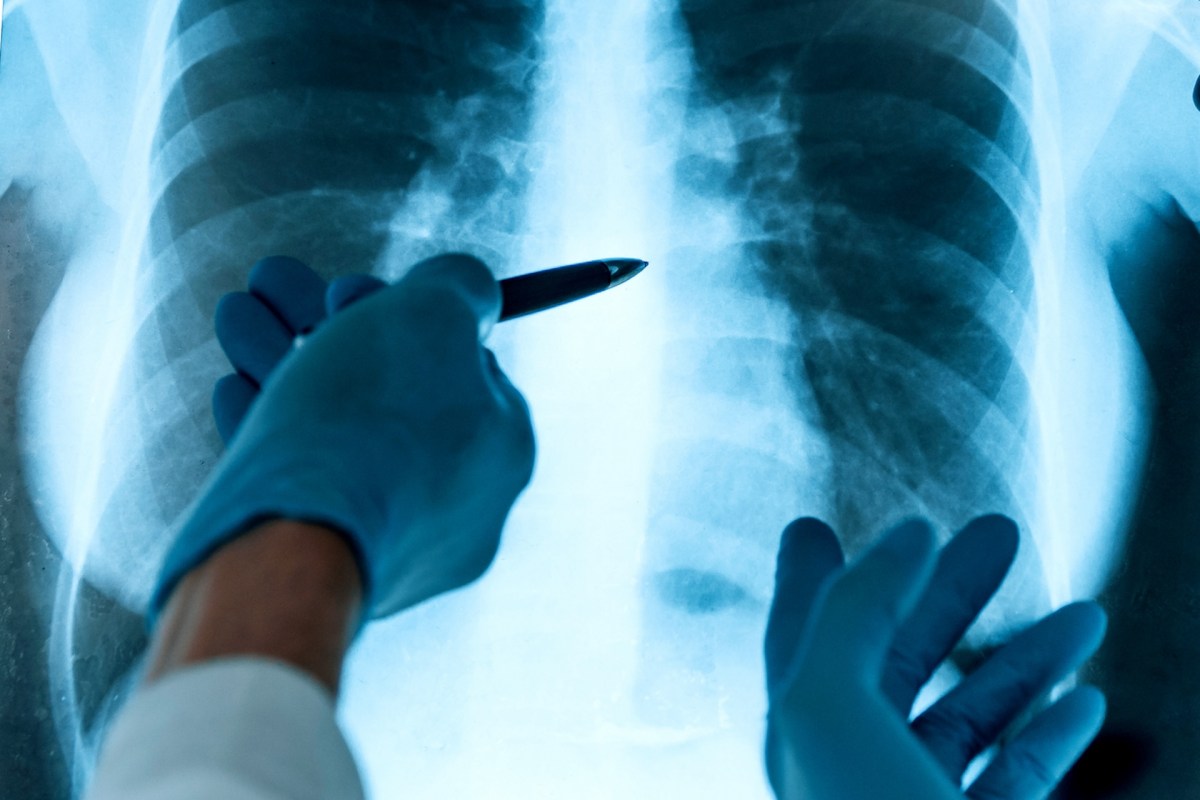The accumulation of plastic in landfills and nature is a known concern, as images showing shocking amounts of waste have made the rounds over the years.
A surprising discovery deep in the lungs of living people, however, further revealed just how significant the issue is — and it may have major implications for public health.
What happened?
In April 2022, the Guardian reported that microplastics were found "lodged" in the lungs of 85% of patients undergoing surgery (11 of 13 sampled). Tiny particles from materials frequently used in single-use bottles and plastic packaging were the most common.
"We did not expect to find the highest number of particles in the lower regions of the lungs, or particles of the sizes we found," said Laura Sadofsky, the senior author of the study published by the journal Science of the Total Environment.
"It is surprising as the airways are smaller in the lower parts of the lungs and we would have expected particles of these sizes to be filtered out or trapped before getting this deep," she added.
The research built upon the work of two previous studies, which also found microplastics in lung tissue. In those cases, the samples were taken during autopsies.
Why is this concerning?
Scientists are still researching the impact of microplastics on our health, along with the negative effects of even smaller particles called nanoplastics.
Their discoveries have caused alarm, though.
A 2022 study made available by Springer Link identified both microplastics and nanoplastics as "emerging contaminants" and called for "more detailed research" regarding their cancer-causing properties.
According to The Lancet, immune system dysfunction and metabolic issues are other health concerns that have been linked to the particles, as well as abnormal organ development.
What's being done about microplastics?
The research process is an important step toward a deeper understanding of the issue to eventually raise awareness and create new policies that benefit human health.
"This data provides an important advance in the field of air pollution, microplastics, and human health," Sadofsky told the Guardian.
Changing the way we use plastics can also help limit direct exposure to the tiny particles.
Supporting brands with plastic-free packaging and switching to reusable products are two simple ways to protect yourself, and reducing your use of plastics will also make a dent in harmful pollution created by the production of the material.
Join our free newsletter for weekly updates on the coolest innovations improving our lives and saving our planet.









